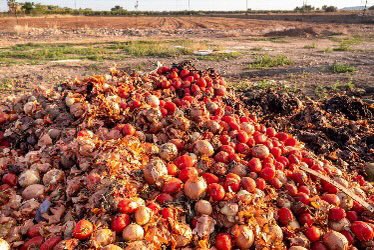페이지 정보
본문
Deforestation and food waste: an unexpected connection

Recorded by ADEJUMOBI OMOLOLA EUNICE
6/21/2023
Script
Hello Everyone! Let's talk about food waste and its connection to climate change. Food waste poses a significant challenge when it comes to combating climate change. It occurs when edible food is discarded rather than consumed, and this has far-reaching consequences. One of the key issues is that wasted food, when deposited in landfills, produces methane gas—a potent greenhouse gas that contributes to global warming. Consider the extensive resources involved in food production, such as land, water, energy, and labor. When we waste food, we're essentially squandering these valuable resources, resulting in environmental harm. Furthermore, the entire food production process, from cultivation to transportation and storage, requires significant energy inputs. When food is wasted, we not only waste the food itself but also the energy expended in its production, leading to unnecessary carbon emissions. In addition to the environmental impact, food waste also contributes to deforestation. As the demand for agricultural land increases, forests are cleared, reducing the Earth's capacity to absorb carbon dioxide and exacerbating climate change. Fortunately, there is room for optimism. By actively reducing food waste, we can make a positive difference. This involves adopting better planning strategies, proper food storage practices, and raising awareness about the issue. By embracing sustainable approaches and finding innovative solutions to utilize surplus food effectively, we can tackle food waste and combat climate change simultaneously. It's crucial for individuals, businesses, and governments to collaborate in this endeavor. Together, we can address the issue of food waste, reduce its impact on the environment, and promote a more sustainable world. By doing so, we not only contribute to mitigating climate change but also improve food security for all.
첨부파일
-
Food waste.m4a (931.3K)
0회 다운로드 | DATE : 2023-06-21 15:44:22
